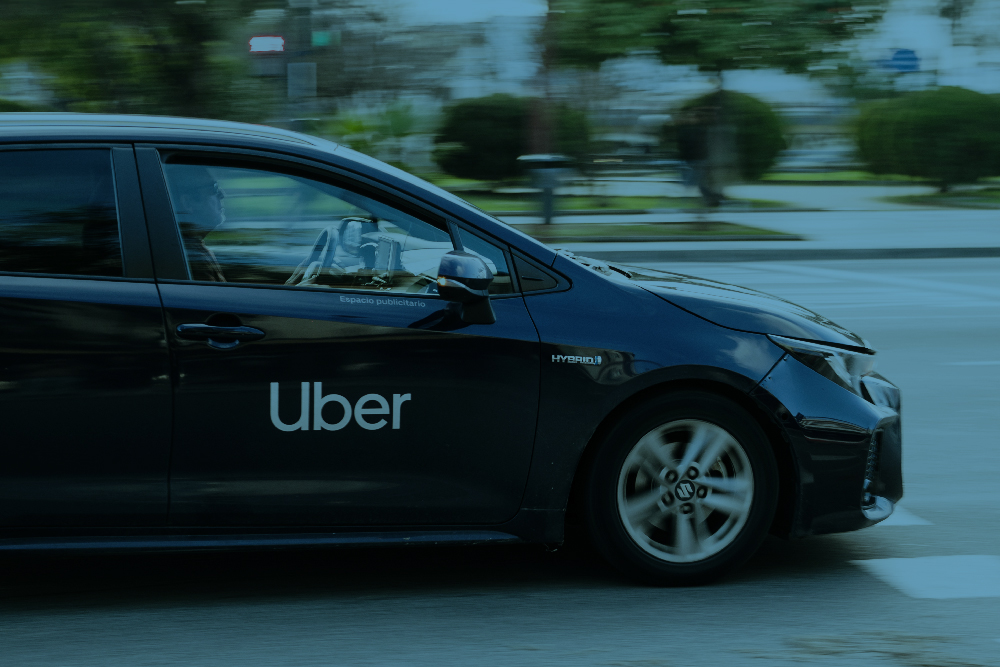
Rideshare services like Uber and Lyft have revolutionized transportation, offering convenience and affordability to passengers. But alarming safety concerns regarding Lyth and Uber sexual assault cases have cast a shadow over their widespread use.
Records of Lyft and Uber Drivers Sexual Assault
According to Uber’s 2021–2022 U.S. Safety Report, there were 2,717 incidents of Uber driver sexual assault and misconduct during that time. Lyft’s 2020–2022 Community Safety Report revealed 2,651 sexual assault cases and 23 fatal physical assaults during the time period.
These numbers underscore a disturbing reality: despite the convenience, rideshare platforms raise serious safety risks for passengers. The statistics also highlight a disturbing trend that has triggered widespread legal action and calls for reform.
We can help.
Lyft and Uber Sexual Assault Cases
Uber and Lyft are facing thousands of lawsuits from passengers who allege they were sexually assaulted or physically harmed by drivers. These claims, numbering over 2,300 cases and growing, have been consolidated into multidistrict litigation, allowing courts to streamline pretrial proceedings.
The lawsuits argue that Uber and Lyft failed to implement adequate safety measures, such as:
- Comprehensive background checks
- Mandatory use of dashcams
- Real-time monitoring
- Gender-matching riders and drivers
Victims say that marketing by Lyft and Uber—promoting rideshare as a safe alternative to drunk driving—creates a false sense of security given the prevalance of Lyft and Uber drivers sexual assault cases.
Recent legislative changes, such as Hawaii’s SB 2601, empower survivors by extending the statute of limitations for civil claims and holding institutions accountable. These reforms reflect a broader push for systemic change in how rideshare companies handle abuse allegations.
According to The New York Times, up until 2018, Uber forced many passengers with sexual assault complaints into arbitration, which typically favors companies and allows them to keep allegations of wrongdoing out of public view.
Uber has tried to deflect liability by claiming drivers are independent contractors and that criminal acts are unforeseeable. But courts have rejected efforts to dismiss consolidated cases.
Now, the company is seeking to place a measure on Nevada’s ballot that would drastically limit the amount of money that Uber sexual assault lawyers can collect when they bring successful lawsuits.
Safety Tips to Guard Against Uber and Lyft Sexual Assault
Public safety authorities, survivor advocacy groups and rideshare companies recommend the following to protect against Uber and Lyft sexual assault:
- Verify the vehicle and driver: Always check the car’s make, model, license plate and driver photo in the app. Ask the driver, “Who are you here to pick up?” instead of offering your name.
- Share your trip: Use the app’s “Share Status” feature to let a trusted contact track your ride.
- Sit in the back seat: This offers a physical barrier and easier exit if needed.
- Roll down the window slightly: This ensures you can open the door from the outside in case of child locks.
- Trust your instincts: If something feels off, ask to be dropped off in a public place or end the ride early.
- Use in-app safety features: Uber and Lyft offer emergency buttons and audio recording options.
- Avoid sharing personal information: Keep conversations neutral and professional.
How We Help Sex Abuse Victims
Our Hawai‘i sexual abuse lawyers work one-on-one with survivors, offering a direct, personal level of care and discretion. We use our decades of experience battling big organizations to fight on behalf of survivors, aggressively taking on those responsible for the pain and suffering they’ve caused. Our results obtaining justice for victims speak for themselves. If you are a survivor of childhood or adult sexual abuse, we can help.






